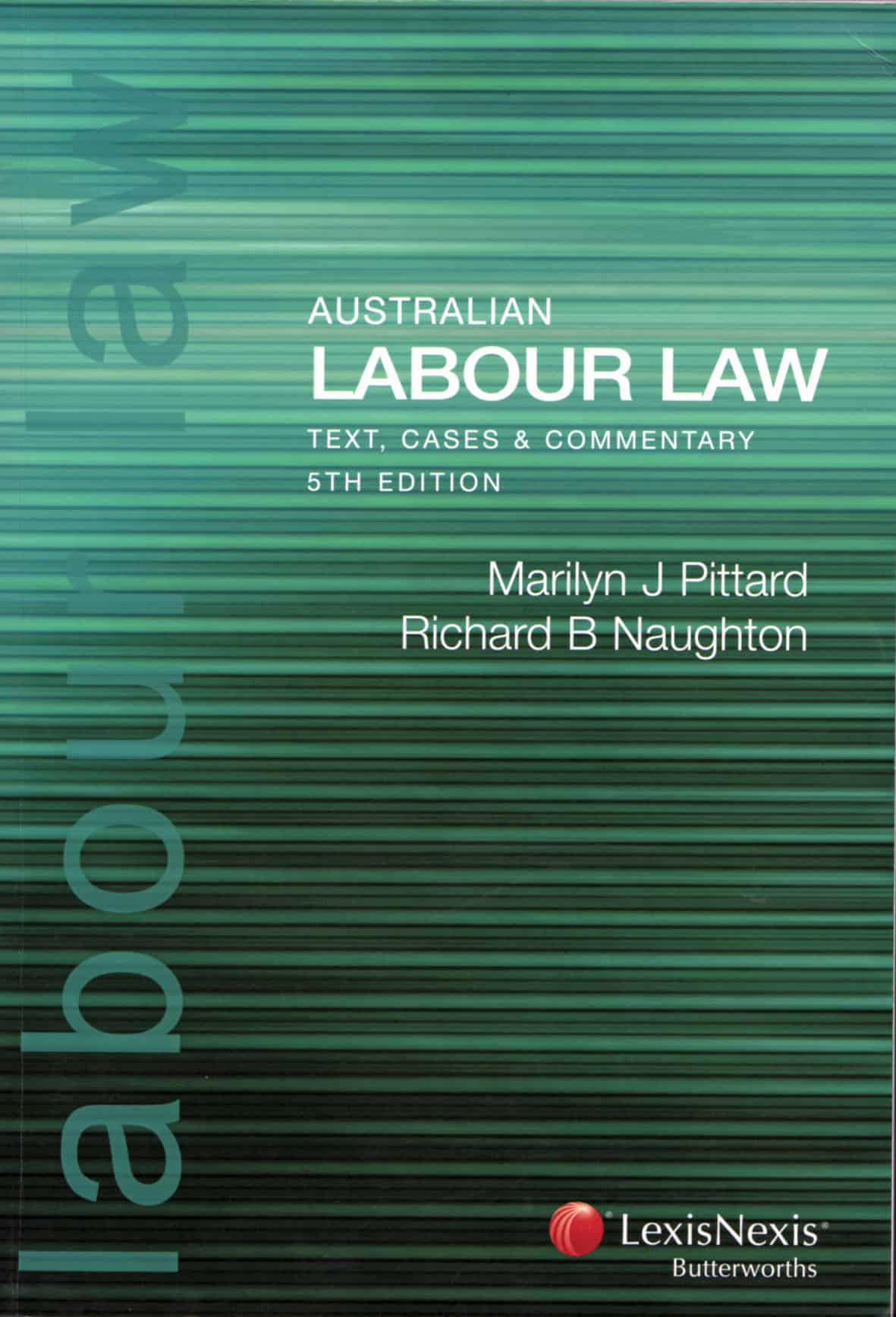 Rex Hoy of Safe Work Australia (SWA) spoke on 1 June 2010 at the Australian Senate Estimates hearing (around page 44) and confirmed progress on the draft OHS regulations and codes of practice. The draft Hansard reports Hoy saying:
Rex Hoy of Safe Work Australia (SWA) spoke on 1 June 2010 at the Australian Senate Estimates hearing (around page 44) and confirmed progress on the draft OHS regulations and codes of practice. The draft Hansard reports Hoy saying:
“Just to cover the areas we are working on: there will be model regulations covering administrative arrangements to support the model act, major hazards facilities, licensing of high-risk work, workplace hazardous chemicals, occupational diving, noise, working in confined spaces, performing manual tasks and induction training for construction work. There may well be more, depending on finishing this process. Continue reading “Safe Work Australia at Senate Estimates – harmonisation latest”

